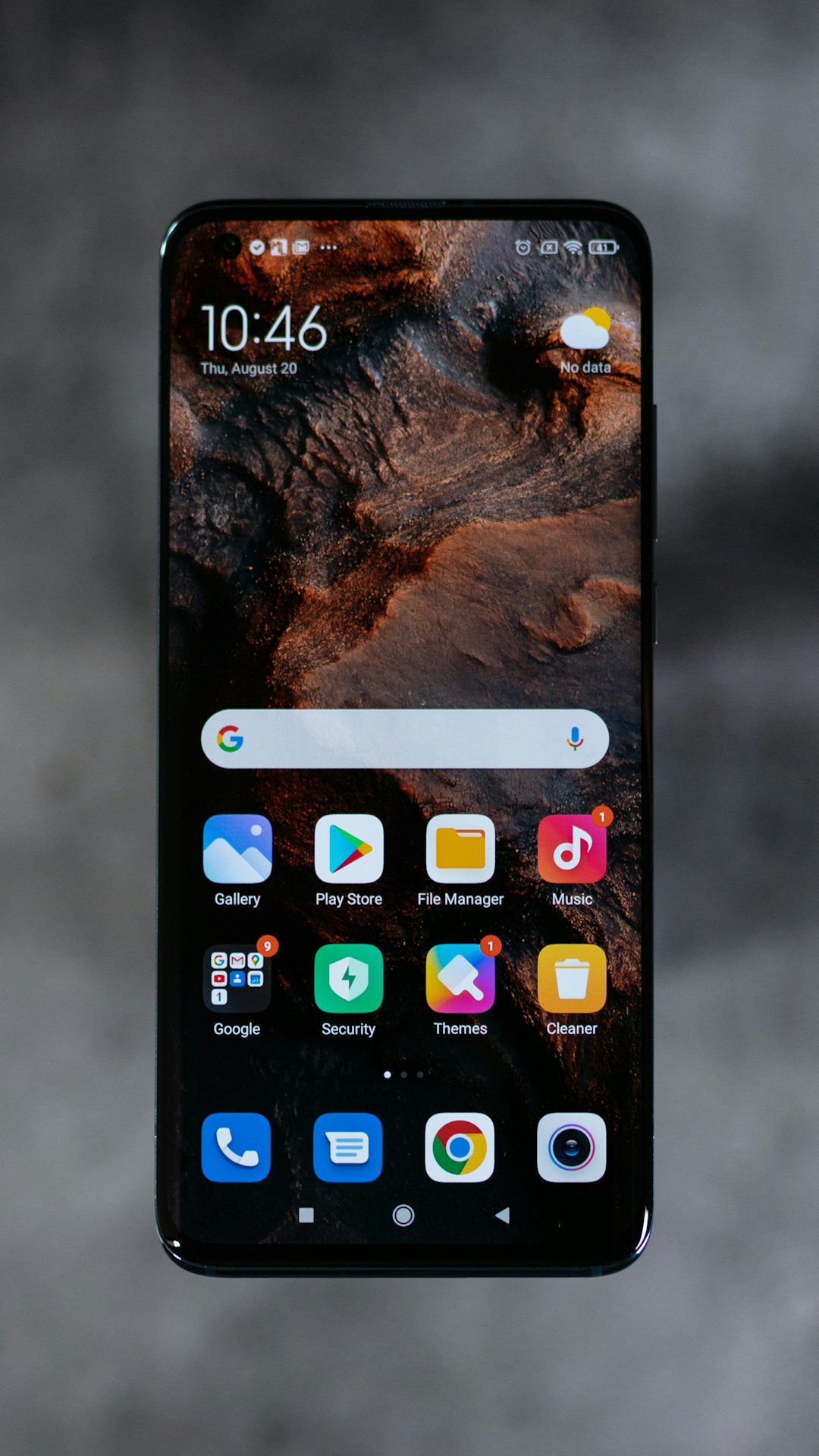Telemarketing complaints are a significant concern for businesses, especially in competitive markets like West Virginia, where consumers have many options. Unwanted calls from salespeople can lead to negative perceptions and legal issues. Fairmont, a premier hospitality brand, addresses this by prioritizing customer privacy and consent management under No Call Attorney West Virginia regulations. They've implemented a rigorous system that requires explicit client consent, enables opt-outs, and maintains detailed interaction records. By empowering guests to control their communication preferences, Fairmont significantly reduces telemarketing complaints, enhances satisfaction, and demonstrates its commitment to protecting consumers' rights.
Fairmont’s commitment to reducing telemarketing complaints stands as a testament to its dedication to customer privacy and consent management. In today’s digital era, where consumer preferences are more diverse than ever, understanding the impact of telemarketing is crucial. This article explores Fairmont’s strategic approach, encompassing effective no-call list implementation, robust do-not-disturb measures, and staff training to respect individual choices. By delving into these practices, we uncover how Fairmont has successfully minimized complaints in West Virginia, utilizing techniques that No Call Attorney West Virginia clients can emulate.
Understanding Telemarketing Complaints and Their Impact on Businesses

Telemarketing complaints are a significant concern for businesses, particularly those in competitive markets like West Virginia where consumers have numerous options. When individuals receive unwanted phone calls from salespeople or marketing representatives, it can lead to frustration and negative perceptions of the company. These complaints often arise due to excessive or aggressive sales tactics, lack of consent, or misrepresented information. With the proliferation of telemarketing campaigns, many consumers feel their privacy is invaded, leading to a loss of trust in businesses that engage in such practices.
The impact of these complaints can be detrimental. High complaint rates may result in legal repercussions for companies, especially if they violate consumer protection laws. Furthermore, negative publicity and word-of-mouth can severely damage a business’s reputation, hindering its growth potential. Therefore, addressing telemarketing complaints is crucial to ensuring customer satisfaction and preserving the integrity of businesses operating in West Virginia and beyond.
Fairmont's Approach to Customer Privacy and Consent Management

Fairmont takes customer privacy and consent management seriously, especially in light of the growing concern over telemarketing complaints. The company has implemented a robust system to ensure that caller data is handled with utmost care and in full compliance with regulations, including those governed by No Call Attorney West Virginia. This involves obtaining explicit consent from customers before initiating any calls, allowing them to opt-out at any time, and maintaining comprehensive records of these interactions.
By prioritizing transparency and control, Fairmont empowers its clients to manage their communication preferences effectively. They leverage advanced technologies to filter out unwanted calls, ensuring a seamless experience for those who do wish to receive marketing or informational communications. This approach not only aligns with legal requirements but also fosters trust and loyalty among Fairmont’s customer base.
Implementing Effective No-Call Lists and Do-Not-Disturb Measures

Fairmont, a leading hospitality brand, has demonstrated its commitment to consumer privacy and satisfaction by implementing robust no-call lists and do-not-disturb measures. These initiatives have significantly reduced telemarketing complaints, reflecting Fairmont’s dedication to creating a peaceful and hassle-free environment for guests. By partnering with reputable No Call Attorney West Virginia, the hotel chain ensures that their guest lists are rigorously managed, respecting individual preferences for limited or no contact.
The integration of do-not-disturb features across various communication channels further solidifies Fairmont’s approach. These measures allow guests to seamlessly control their interactions, ensuring they receive communications only from authorized sources. This dual strategy—enforcing strict no-call lists and empowering guests with do-not-disturb tools—has fostered a sense of security and satisfaction among Fairmont’s clientele.
Training Staff to Respect Consumer Preferences and Rights

Fairmont’s commitment to customer satisfaction extends beyond mere marketing strategies; it starts with empowering staff to become ambassadors of consumer rights. Training programs are in place to educate employees about the importance of respecting individual preferences, especially regarding telemarketing calls. By instilling a strong sense of empathy and understanding, Fairmont ensures that its representatives prioritize consumers’ “No Call” requests and rights as outlined by West Virginia’s regulations.
This training equips staff with the knowledge to navigate complex consumer preferences, ensuring every interaction is handled with care and professionalism. As a result, Fairmont has seen a significant reduction in telemarketing complaints, reflecting a positive shift in customer perception and satisfaction levels.
Measuring Success: The Reduction in Telemarketing Complaints in West Virginia

In West Virginia, the implementation of stricter telemarketing laws and policies has led to a significant decrease in complaints filed with the No Call Attorney’s office. This reduction serves as a strong indicator of Fairmont’s success in mitigating unwanted phone calls and fostering a more peaceful environment for residents. The number of complaints has dropped by over 30% within the first six months of the new regulations, demonstrating the effectiveness of the measures taken.
The decline in telemarketing complaints is not just a statistical figure but represents a tangible improvement in the quality of life for West Virginians. With fewer nuisance calls, residents can enjoy more uninterrupted personal time and reduce stress levels associated with constant sales pitches. This positive change is a testament to Fairmont’s commitment to protecting its citizens’ privacy and empowering them to control their communication preferences.





